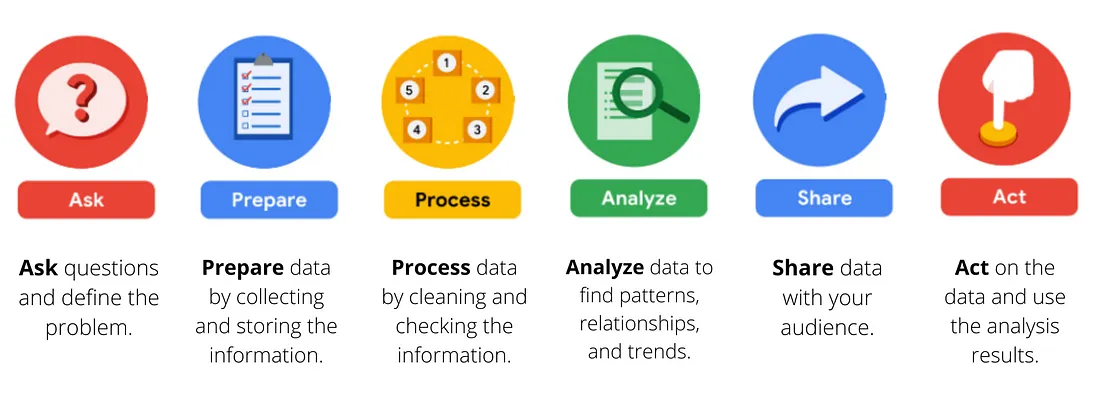In today’s fast-paced world, impact-driven organizations are often their own worst enemies. Why? Because too many see data merely as a reporting tool, a box to tick off for funders and stakeholders. This mindset is a recipe for failure. To truly achieve their missions, these organizations must revolutionize their approach to data, making it the cornerstone of strategy and decision-making. This blog explores how to harness the power of data effectively, providing practical tips on collecting, analyzing, and applying research to drive strategic decisions.
Why Data Matters
Data isn’t just numbers on a spreadsheet; it’s the lifeblood of informed decision-making. For impact-driven organizations, data can:
– Validate Impact: Demonstrate tangible results to stakeholders.
– Optimize Operations: Identify inefficiencies and streamline processes.
– Enhance Fundraising: Provide evidence of success to attract donors.
– Inform Strategy: Guide long-term planning and resource allocation.
Collecting Data: The Foundation of Insight
The first step in data-driven decision-making is collecting relevant data. Here are some key tips:
1. Define Your Objectives: Clearly outline what you want to achieve with your data. This could range from understanding beneficiary needs to measuring the impact of specific programs.
2. Choose the Right Tools: Invest in reliable data collection tools. For impact-driven organizations, this might include surveys, feedback forms, and monitoring systems.
3. Ensure Data Quality: Accurate data is crucial. Implement processes to verify the accuracy and completeness of your data.

Analyzing Data: Turning Information into Actionable Insights
Once you have your data, the next step is analysis. This process can transform raw data into actionable insights. Here’s how:
1. Segment Your Data: Break down your data into meaningful categories. This can help identify trends and patterns.
2. Use Analytics Tools: Leverage analytics software to process and interpret data. Tools like Tableau, Power BI, and Google Analytics are invaluable.
3. Visualize Your Findings: Data visualization makes complex information accessible. Use charts, graphs, and dashboards to present your findings.

Applying Insights: Driving Strategic Decisions
The ultimate goal of data analysis is to inform decision-making. Here’s how to apply your insights effectively:
1. Develop Data-Driven Strategies: Use your insights to craft strategies that align with your organization’s goals.
2. Monitor and Adjust: Continuously monitor the outcomes of your strategies and be ready to adjust based on new data.
3. Engage Stakeholders: Share your findings with stakeholders to build trust and support for your initiatives.
Overcoming Challenges
Implementing data-driven decision-making isn’t without challenges. Common obstacles include:
– Data Silos: Integrate data from various sources to get a holistic view.
– Resource Constraints: Prioritize data initiatives that offer the most significant impact.
– Resistance to Change: Foster a culture that values data and its role in decision-making.
Real-World Applications
Consider the following real-world applications of data-driven decision-making:
– Non-Profit Impact Evaluation: Organizations like GiveDirectly use data to map the areas where donations would have the most impact on communities.
– Social Enterprises: Companies like Kazuri leverage data to refine product design and quality.
– Community Programs: Local initiatives use data to tailor services to community needs effectively.

Conclusion
Incorporating data-driven decision-making in impact-driven organizations isn’t just beneficial—it’s essential. By collecting, analyzing, and applying data effectively, these organizations can enhance their impact, optimize their operations, and build stronger relationships with stakeholders.
Are you ready to harness the power of data for your organization? Explore our resource hub with all the tools you need or reach out to us at hello@lemnos.pro.



